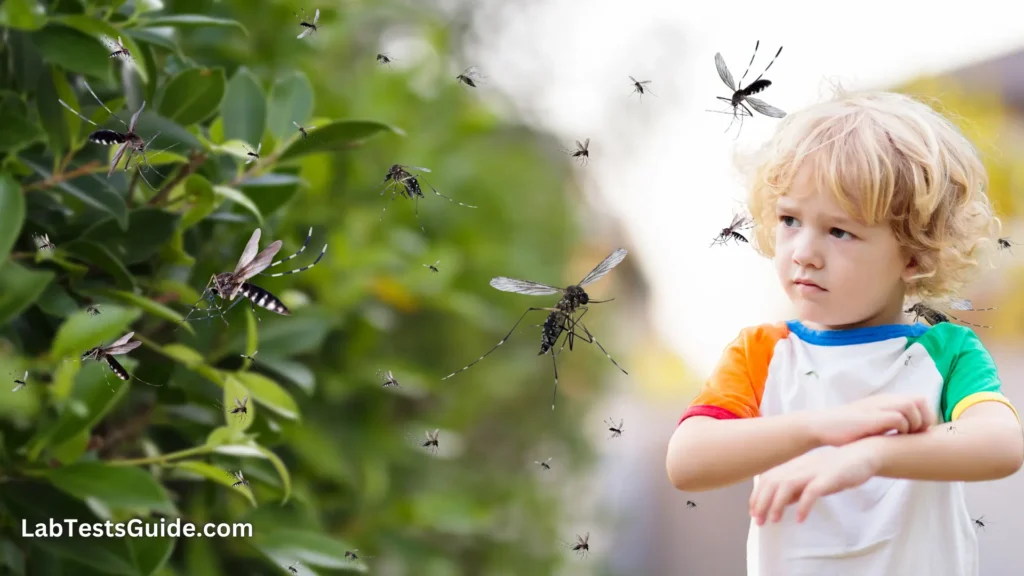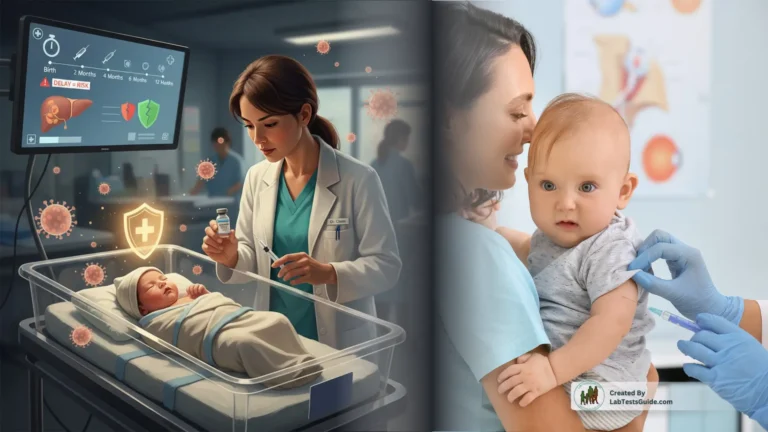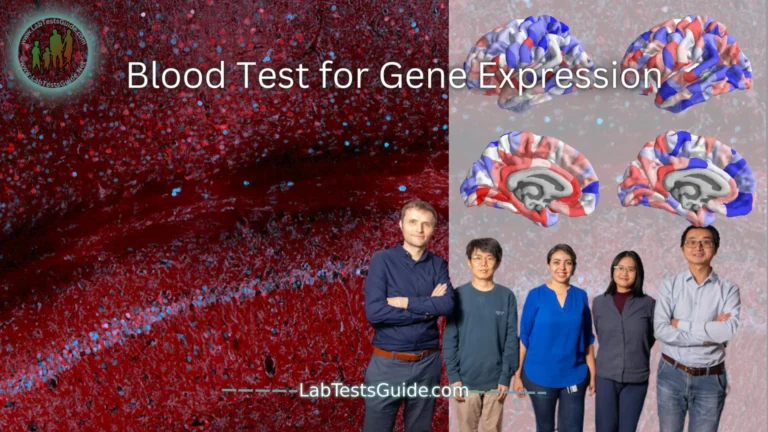Ten counties in Massachusetts are currently at high or critical risk from Eastern Equine Encephalitis (EEE), a rare but potentially deadly mosquito-borne virus. State health officials have issued warnings as the threat level escalates, urging residents to take precautions to protect themselves from mosquito bites.

The Big Picture
Eastern Equine Encephalitis (EEE), often referred to as “Triple E,” is a serious and potentially fatal virus transmitted through mosquito bites. According to the Centers for Disease Control and Prevention (CDC), there are currently no vaccines or medications available to treat EEE. The virus is considered rare, but it has a high mortality rate, with about 30% of infected individuals dying from the disease. Moreover, many survivors suffer from long-term neurological problems, underscoring the severity of the infection.
Recent Developments
The Massachusetts Department of Public Health (DPH) reported the first human case of EEE in the state for this year on August 16th. The patient, an 80-year-old man from Oxford in Worcester County, contracted the virus over a month after the first EEE-positive mosquito samples were detected in the area. This discovery has led to increased vigilance and precautionary measures across several towns.
In response to the heightened risk, Oxford health officials have recommended an outdoor curfew from dusk to dawn, which aligns with the peak mosquito biting times. Similarly, Plymouth, located about 40 miles south of Boston, has closed all public parks and fields from dusk until dawn after a recent EEE infection in a horse exposed in the town elevated the risk level to high.
To combat the spread of the virus, the Massachusetts DPH has announced plans for aerial spraying of pesticides in certain areas of Plymouth County and truck-mounted spraying in parts of Worcester County during the week of August 26th. The goal is to reduce mosquito populations and minimize the risk of further EEE transmission.
Affected Areas and Precautions
The Massachusetts DPH has designated eight communities in the aerial spray zone: Carver, Halifax, Kingston, Middleborough, Plymouth, Plympton, Rochester, and Wareham. Additionally, five communities—Douglas, Dudley, Oxford, Sutton, and Uxbridge—are included in the truck spray zone.
Residents in these areas are advised to take the following precautions:
- Wear long-sleeved clothing and pants to cover exposed skin.
- Use mosquito repellent containing DEET or other approved ingredients.
- Avoid outdoor activities during peak mosquito activity times (dusk to dawn).
- Drain standing water around properties, as these are prime mosquito breeding sites.
- Install or repair screens on windows and doors to keep mosquitoes out.
Pesticide Use and Safety
The spraying operations will utilize the EPA-registered pesticide Anvil 10+10. The DPH advises individuals with chemical sensitivities or respiratory conditions, such as asthma, to remain indoors during the spraying to avoid potential exposure.
Health Officials’ Statements
Massachusetts Department of Public Health Commissioner Robbie Goldstein emphasized the seriousness of the situation, stating, “We have not seen an outbreak of EEE for four years in Massachusetts. This year’s outbreak and activity raise the risk for communities in parts of the state. We need to use all our available tools to reduce risk and protect our communities. We are asking everyone to do their part.”
Understanding EEE
EEE symptoms typically appear 3 to 10 days after a mosquito bite from an infected mosquito. Early signs include high fever (often 103-106°F), stiff neck, headache, and a lack of energy. The most severe complication is encephalitis, an inflammation of the brain, which can lead to coma within a week of symptom onset.
The Broader Context
While EEE is rare, with only a few cases reported in the United States annually, it is predominantly found in eastern or Gulf Coast states. In addition to EEE, Massachusetts and other states are also dealing with concerns over the West Nile Virus, another mosquito-borne disease that recently hospitalized Dr. Anthony Fauci, former director of the National Institute of Allergy and Infectious Diseases.
Conclusion
As the risk of mosquito-borne viruses like EEE and West Nile Virus continues to rise, Massachusetts residents are urged to remain vigilant and take all necessary precautions to protect themselves and their families. By following public health guidance and staying informed, communities can reduce the risk of infection and ensure public safety during this challenging time.
References:
- Massachusetts towns on alert over potentially deadly mosquito-borne virus – AXIOS
- High mosquito-borne encephalitis risk prompts Massachusetts town to close parks, fields at night – CNN
- Rare but deadly mosquito virus has Massachusetts town under curfew – The Telegraph
- Deadly mosquito virus has Mass. towns urging people to stay in at night – The Washinghton Post







